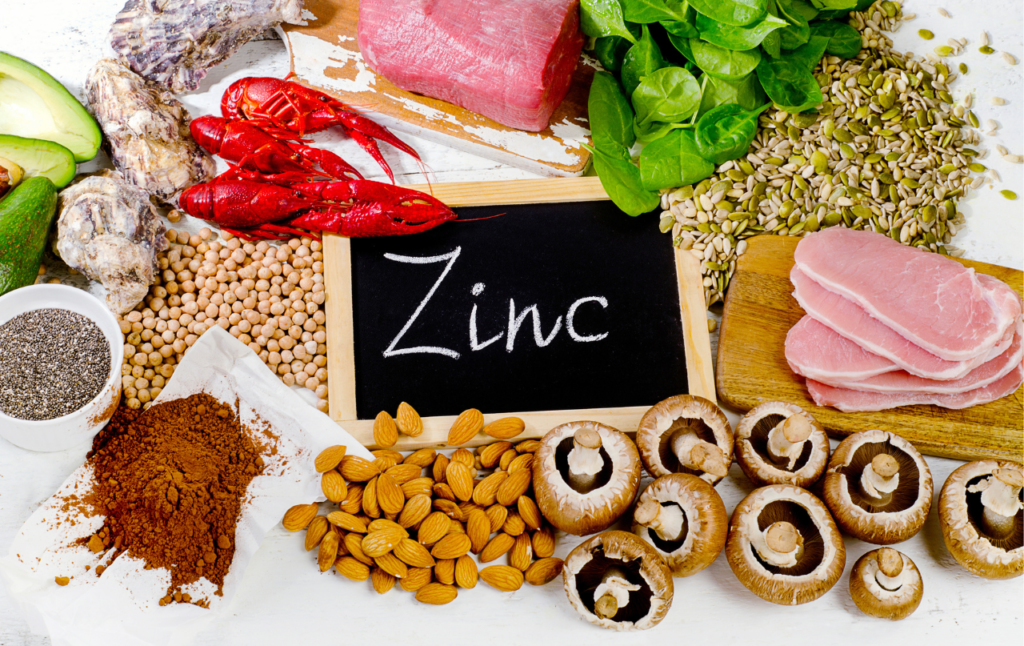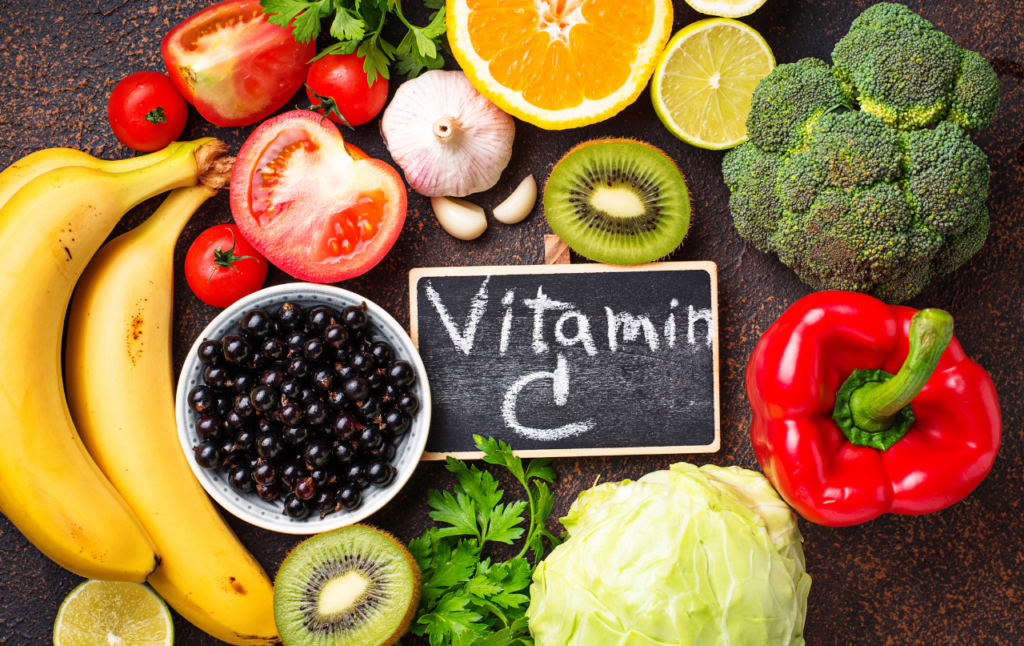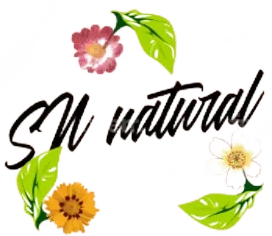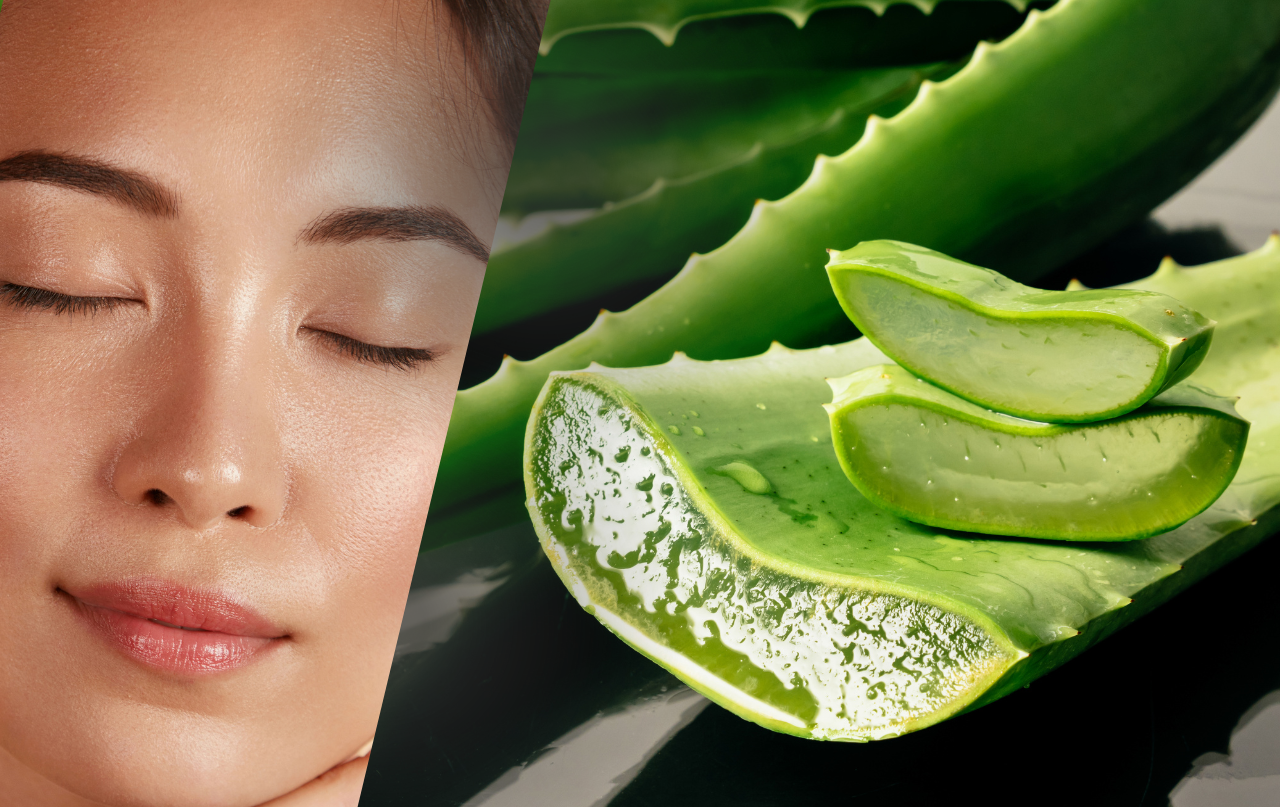Facing the flu? In the battle against the common cold and flu, a powerful duo stands out: Zinc and Vitamin C. These two nutrients play pivotal roles in supporting the immune system and speeding up recovery.
Let’s explore their importance and how implementing them into your daily routine may provide substantial benefits.
1. Impact on Flu Recovery
When the cold strikes, Zinc and Vitamin C join forces to shorten the duration of symptoms and alleviate their severity. From a runny nose to a sore throat, these nutrients can provide relief and get you back on your feet sooner.
Zinc and Vitamin C step up their game, boosting the immune response and expediting the recovery process. Including these nutrients in your recovery plan can make a noticeable difference in how quickly you bounce back.
Studies suggest that supplementing with zinc and vitamin C during the early stages of a cold or flu may help reduce the duration and severity of symptoms.
2. Zinc’s Immune-Boosting Properties:
Zinc is integral to the proper function of immune cells, such as neutrophils and natural killer cells, which play vital roles in our body’s defense against pathogens.
Zinc has demonstrated antiviral properties, inhibiting the replication of viruses and helping to reduce the severity and duration of viral infections.
Zinc supports mucosal immunity, acting as a barrier to pathogens entering the body through the respiratory and digestive tracts.
Foods rich in Zinc

- Oysters: Oysters are among the best sources of zinc, providing a high concentration of this essential mineral.
- Beef: Lean beef, such as sirloin or tenderloin, is a great source of zinc.
- Pumpkin Seeds: These small seeds are not only delicious but also packed with zinc.
- Lentils: Lentils are a plant-based source of zinc, making them an excellent option for vegetarians and vegans.
- Chickpeas: Another legume that is rich in zinc, chickpeas can be a versatile addition to your diet.
- Cashews: Nuts, particularly cashews, contain zinc and offer a satisfying crunch.
- Chicken: Chicken, especially dark meat, is a good source of zinc.
- Yogurt: Dairy products like yogurt contain zinc and provide additional health benefits.
- Cheese: Certain types of cheese, such as cheddar or Swiss, are rich in zinc.
- Eggs: Eggs, particularly the yolk, contain zinc along with various other essential nutrients.
- Quinoa: This whole grain is not only a good source of protein but also contains zinc.
- Mushrooms: Some varieties of mushrooms, such as shiitake, are known to be rich in zinc.
- Spinach: Dark leafy greens like spinach contain zinc and offer numerous health benefits.
- Pork: Pork is another meat source that contributes to your daily zinc intake.
- Dark Chocolate: Indulging in dark chocolate in moderation can also provide a small amount of zinc.
Including a variety of these foods in your diet ensures that you get an adequate amount of zinc, which is crucial for maintaining a healthy immune system and preventing colds and the flu.
3. Vitamin C Immune Support:
Vitamin C is a potent antioxidant, neutralizing free radicals that can cause cellular damage and compromise the immune system.
Vitamin C is crucial for the synthesis of collagen, a structural protein that helps maintain the integrity of skin, mucous membranes, and other barriers against infections.
Vitamin C supports the function of white blood cells, boosting their ability to identify and destroy pathogens.
Food rich in vitamin C

- Citrus Fruits:
- Oranges
- Grapefruits
- Lemons
- Limes
- Berries:
- Strawberries
- Blueberries
- Raspberries
- Tropical Fruits:
- Pineapple
- Mango
- Papaya
- Kiwi
- Melons:
- Watermelon
- Cantaloupe
- Citrus Juices:
- Freshly squeezed orange juice
- Grapefruit juice
- Bell Peppers:
- Red bell peppers
- Green bell peppers
- Yellow bell peppers
- Leafy Greens:
- Spinach
- Kale
- Swiss chard
- Tomatoes:
- Fresh tomatoes
- Tomato juice
- Broccoli:
- Broccoli is not only rich in vitamin C but also provides other essential nutrients.
- Guava:
- Guava is a tropical fruit that is exceptionally high in vitamin C.
- Strawberry:
- A delicious and vibrant fruit that’s not only tasty but also a vitamin C powerhouse.
- Papaya:
- Papaya is not only rich in vitamin C but also contains digestive enzymes.
- Brussels Sprouts:
- Brussels sprouts are a cruciferous vegetable that provides a good dose of vitamin C.
- Cauliflower:
- Along with other health benefits, cauliflower contributes to your vitamin C intake.
- Cabbage:
- Both green and red cabbage are good sources of vitamin C.
Including these vitamin C-rich foods in your diet helps support your immune system, promotes healthy skin, and contributes to overall well-being.
Incorporating Zinc and Vitamin C into your daily meals doesn’t have to be complicated. Simple recipes and thoughtful tips can make their inclusion a seamless part of your routine, ensuring you get the most out of these nutrients.
Related: How to store Lemon and Lemon Zest
4. The Synergistic Effect
What makes Zinc and Vitamin C a dynamic duo is their ability to enhance each other’s effectiveness. Together, they create a formidable defense against pathogens, reducing the severity and duration of illnesses.
5. Zinc and Vitamin C Supplements
While it’s always best to obtain nutrients from a balanced diet rich in fruits, vegetables, and whole grains, supplementation may be considered during illness to ensure adequate intake.
Choosing the right supplements can be overwhelming. It’s essential to consider individual needs, and consulting with a healthcare professional can guide you in selecting the most suitable options.
Understanding the right dosage of Zinc and Vitamin C is crucial. While these nutrients are essential, excessive intake can have adverse effects. Striking the right balance is key to reaping their benefits without overdoing it.
Conclusion
To sum up, the importance of Zinc and Vitamin C for recovering from the flu and colds cannot be emphasised enough. By being aware of their roles, debunking misunderstandings, and making wise decisions, you strengthen your immune system’s ability to defend itself against diseases. Give priority to these vital nutrients for your general health and well-being.
FAQs
- Can I get enough Zinc and Vitamin C from food alone? While it’s ideal to obtain nutrients from food, supplements may be necessary to meet recommended levels.
- Are there any side effects of Zinc and Vitamin C supplementation? Excessive intake of these nutrients can lead to adverse effects, so it’s crucial to follow recommended dosages.
- Can I take Zinc and Vitamin C together in one supplement? Yes, many supplements combine Zinc and Vitamin C for a synergistic effect.
- Are there specific foods that enhance the absorption of Zinc and Vitamin C? Yes, certain foods, like citrus fruits, can enhance the absorption of these nutrients.
- How long does it take to see the effects of Zinc and Vitamin C on flu and cold symptoms? The time varies, but consistent intake can lead to a quicker recovery.




